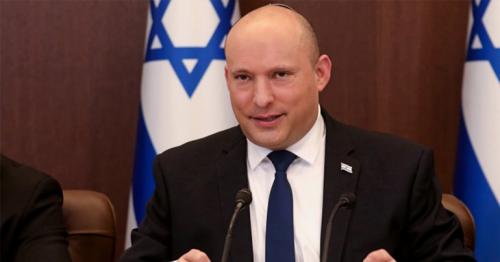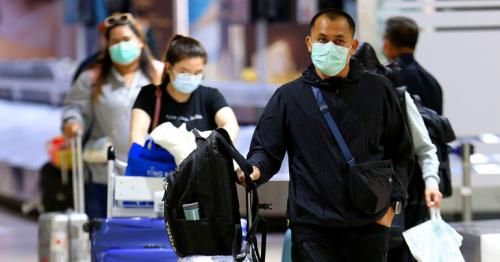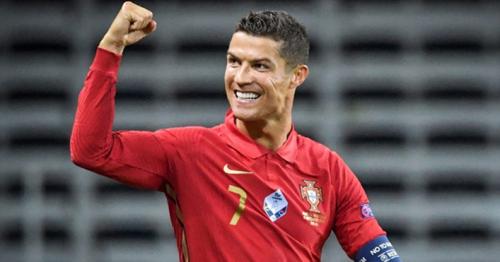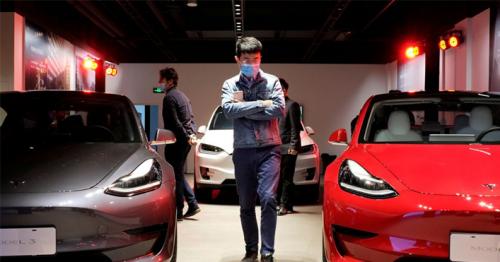Facebook under fire for aiding Duterte’s campaign
MSNBC pointed out that the same strategy of using fake papal endorsement was used in the US national elections, for now-US President Donald Trump.
Duterte, like Trump, also had less constitutional limits for launching an online campaign, as the Philippines is a democratic country with the freedom of expression among its valued freedoms.
Duterte, in his inauguration, "banned journalists" from covering the event in the venue, opting to stream it on Facebook.
Journalists reflect on Facebook's role
MSNBC sought the side of Filipino journalist Maria Ressa who raised the issue of fake news proliferation with Facebook management.
Ressa told MSNBC: "Facebook needs to moderate its greed, clean up the toxic waste and be accountable for its role as the new gatekeeper to information."
VERA files, for its yearend report, also observed that most of false claims in 2017 were peddled by Duterte himself.
The information was also spread by his known allies such as Foreign Affairs Secretary Alan Peter Cayetano and former Presidential Spokesperson and now Foreign Affairs Undersecretary Ernesto Abella.
The Department of Foreign Affairs and Presidential Communications Office likewise echoed the fake claims.
Duterte was similarly a main benefactor of fake information being spread on the massively popular online platform.
Fertile ground for Facebook
The Philippines is a huge market for Facebook with 33 million users, many of whom besides using the platform for hours daily are also registered voters. It is not clear how many of those are fake accounts built to defend the president and attack his critics.
The social networking giant's revenues are mainly from digital advertising. Its business model allows individuals, businesses, organizations and politicians to target specific user profiles by the thousands or millions with ads.
Just last month, Facebook entered the Philippine economic landscape by coming in as a player in government's bid to provide faster internet connection to Filipino users.
The Bases Conversion and Development Authority and Department of Information and Communications Technology signed a landing party agreement with Facebook, which would be called the Luzon Bypass Infrastructure to improve speed and accessibility, as well as reduce the cost of broadband internet in the country.
Facebook plans to construct and operate a submarine cable system that will land in the cable stations in Baler, Aurora and Poro Point, San Fernando, La Union on the western part.
The Philippines currently ranks near the bottom in Southeast Asia in terms of download speed.
tag: international-news , technology
Share This Post





